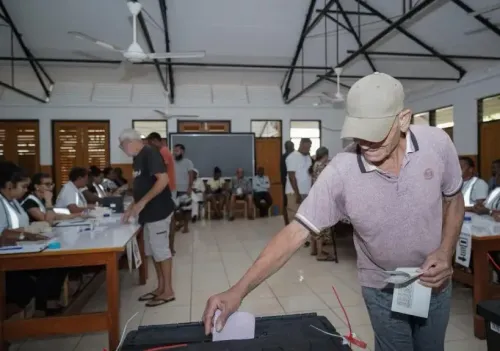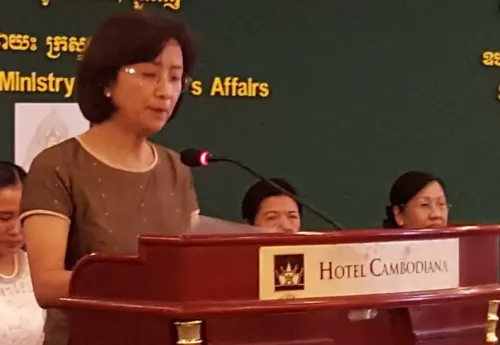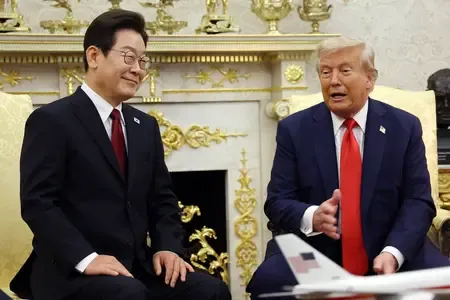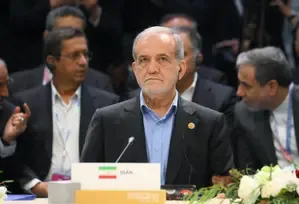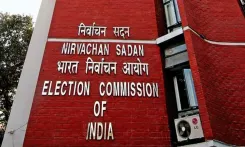Did India Walk Out of the UNGA as Pakistan Admits to Being 'Terroristan'?
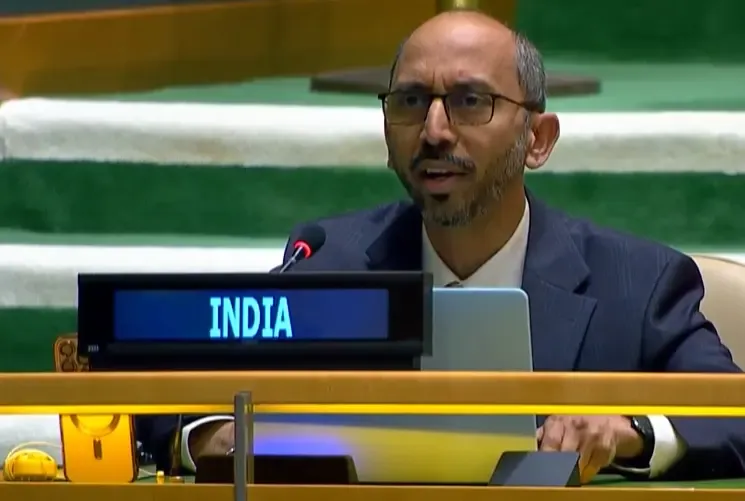
Synopsis
Key Takeaways
- India's walkout reflects ongoing tensions with Pakistan.
- Pakistan's admission as 'Terroristan' highlights its global image.
- Jaishankar's call for international cooperation against terrorism is critical.
- Public reactions often signal acknowledgment of accusations.
- Diplomatic exchanges can carry significant implications for international relations.
United Nations, Sep 28 (NationPress) India chose to walk out of the General Assembly as Pakistan launched a venomous attack against it, simultaneously confessing to being “Terroristan”.
It also recognized on Saturday that it stands as the “epicentre of global terrorism”.
During a call to the General Assembly urging action against terrorism, External Affairs Minister S. Jaishankar remarked, “India has faced this challenge since independence, with a neighbor that is the epicentre of global terrorism.”
Without directly naming Pakistan, he set a trap, and it fell right into it.
A second secretary from its UN Mission, Muhammad Rashid, exercised his right of reply to Jaishankar’s address, claiming it was “an attempt to malign Pakistan”.
India promptly countered, ensnaring him in his own words.
“It is revealing that a neighbor not explicitly named felt compelled to respond, thereby admitting their long-standing practice of cross-border terrorism,” stated Rentala Srinivas, a second secretary in India’s UN Mission.
“The reputation of Pakistan speaks for itself,” he continued. “Its involvement in terrorism is evident across multiple regions, posing a threat not only to its neighbors but to the world at large.”
“No arguments or falsehoods can ever obscure the crimes of Terroristan,” he added, again without naming Pakistan.
However, Rashid responded furiously, inadvertently confirming that Pakistan is indeed Terroristan.
The term “Stan” is a Persian-derived word meaning “place of” or “home of,” and appears in the names of numerous countries and locations.
Protesting the use of the term Terroristan, Rashid accused India of distorting “the very name of a country, a member of the United Nations.”
As he spoke, India exited the Assembly Hall.
It’s customary at the UN for nations to refrain from exercising their right of reply if they weren't directly mentioned, even if they can be understood through insinuations.
Reacting publicly and on record essentially acknowledges that they are the target of the accusation or unpleasant reference.
In his meticulously crafted address, Jaishankar stated, “For decades, significant international terrorist attacks can be traced back to that one country. The UN’s designated lists of terrorists are filled with its nationals.”
Hinting further, he added, “The most recent instance of cross-border barbarism was the murder of innocent tourists in Pahalgam in April this year.”
In defense of Operation Sindoor—without mentioning it by name—he asserted, “India exercised its right to defend its citizens against terrorism and brought its orchestrators and perpetrators to justice.”
“Since terrorism is a shared threat, it’s crucial for international cooperation to deepen,” he stated.
“When nations openly endorse terrorism as state policy, when terror hubs operate on an industrial scale, and when terrorists are publicly celebrated, such actions must be unequivocally condemned,” he emphasized.
“Countries that tolerate those that fund terror will find that it ultimately backfires on them,” he warned.

